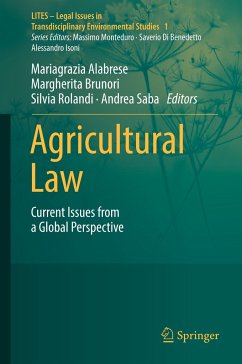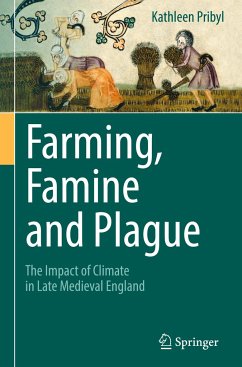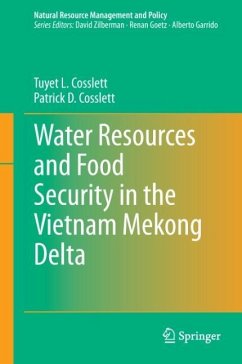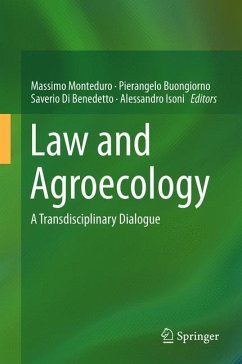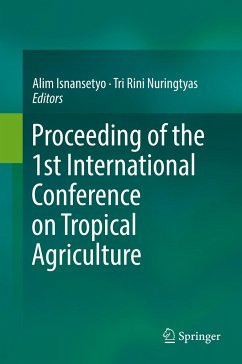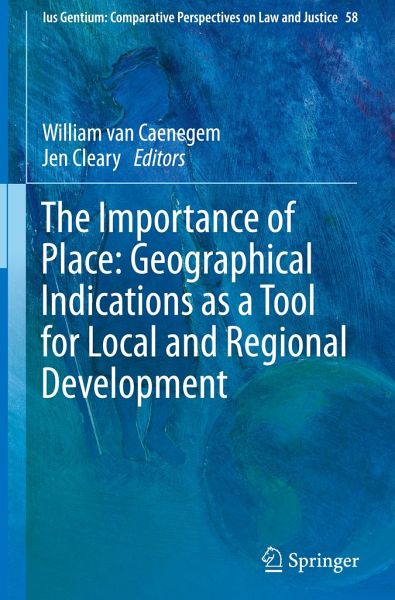
The Importance of Place: Geographical Indications as a Tool for Local and Regional Development

PAYBACK Punkte
57 °P sammeln!
This book explores the potential benefits and disadvantages of geographical indication (GIs) registration schemes, analyzing the utility of GI registrations for the development and promotion of regional economies, both in national and international markets. The book draws on the van Caenegem, Cleary & Drahos Australian Provenance Report, along with the valuable empirical data collected in connection with it.The book situates the rural development question in an international context, presenting several case studies from Italy, France and Morocco, New Zealand and Australia. The book contains va...
This book explores the potential benefits and disadvantages of geographical indication (GIs) registration schemes, analyzing the utility of GI registrations for the development and promotion of regional economies, both in national and international markets. The book draws on the van Caenegem, Cleary & Drahos Australian Provenance Report, along with the valuable empirical data collected in connection with it.
The book situates the rural development question in an international context, presenting several case studies from Italy, France and Morocco, New Zealand and Australia. The book contains various chapters focused on comparing regulatory structures in various relevant jurisdictions and drawing on other countries' experiences. It contains significant contributions from industry actors with extensive experience in regional branding initiatives and GI-related policy issues.
Progressive in structure, the book starts from the 'big picture' level before movingdown to the local and concrete scale. Geographical indications of Australian products are vital both in domestic and overseas markets by accurately representing the origin and quality of niche agricultural products. Thus, with a particular focus on Australia, the book promotes the assessment of geographical indications as potential regional assets that will help producers develop local quality indicators that will serve as public goods for successive generations of producers.
The book situates the rural development question in an international context, presenting several case studies from Italy, France and Morocco, New Zealand and Australia. The book contains various chapters focused on comparing regulatory structures in various relevant jurisdictions and drawing on other countries' experiences. It contains significant contributions from industry actors with extensive experience in regional branding initiatives and GI-related policy issues.
Progressive in structure, the book starts from the 'big picture' level before movingdown to the local and concrete scale. Geographical indications of Australian products are vital both in domestic and overseas markets by accurately representing the origin and quality of niche agricultural products. Thus, with a particular focus on Australia, the book promotes the assessment of geographical indications as potential regional assets that will help producers develop local quality indicators that will serve as public goods for successive generations of producers.



